Hello World!
Team Njinga here and today we’re diving on who Queen Njinga was and why she is revered worldwide.
For a majority of African countries and overseas, she is viewed and recognized as an icon of rebellion and resilience thanks to her continuous fight against territorial oppression and slavery.
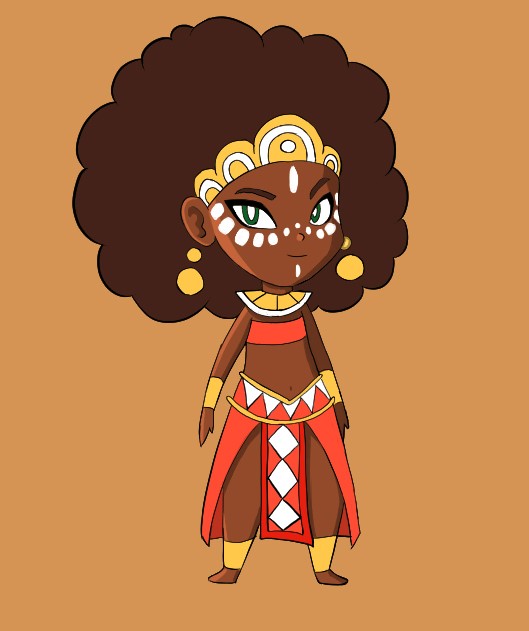
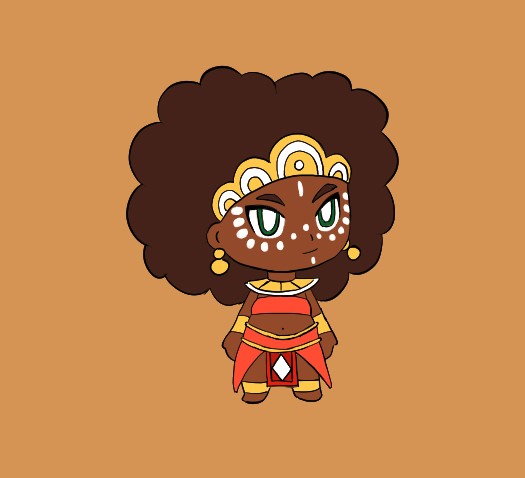
Today we’ll dive deep (in a hopeful brief manner) onto her story and how she grew to become the person she is known as today.
Njinga Mbande was born in 1583, on the region of Ndongo (today’s Angola), post-conquering of the Portuguese. She’s a member of the Royal Ndongo family and had two sisters (Mukumbu and Kifunji) and a brother (Mbandi Kiluanji).
She was named Njinga (from the Kimbundo verb “Kujinga”, which means “twist or turn”) because she had, allegedly, her umbilical cord wrapped around her neck, signalling that she was destined to be a strong and powerful person in the future.
Being her father’s favourite, she often accompanied him in meetings and trained combat tactics, learned from advisers, studied Portuguese language with Jesuit missionaries and at an early age, she acknowledged the presence of the Portuguese and their intentions.
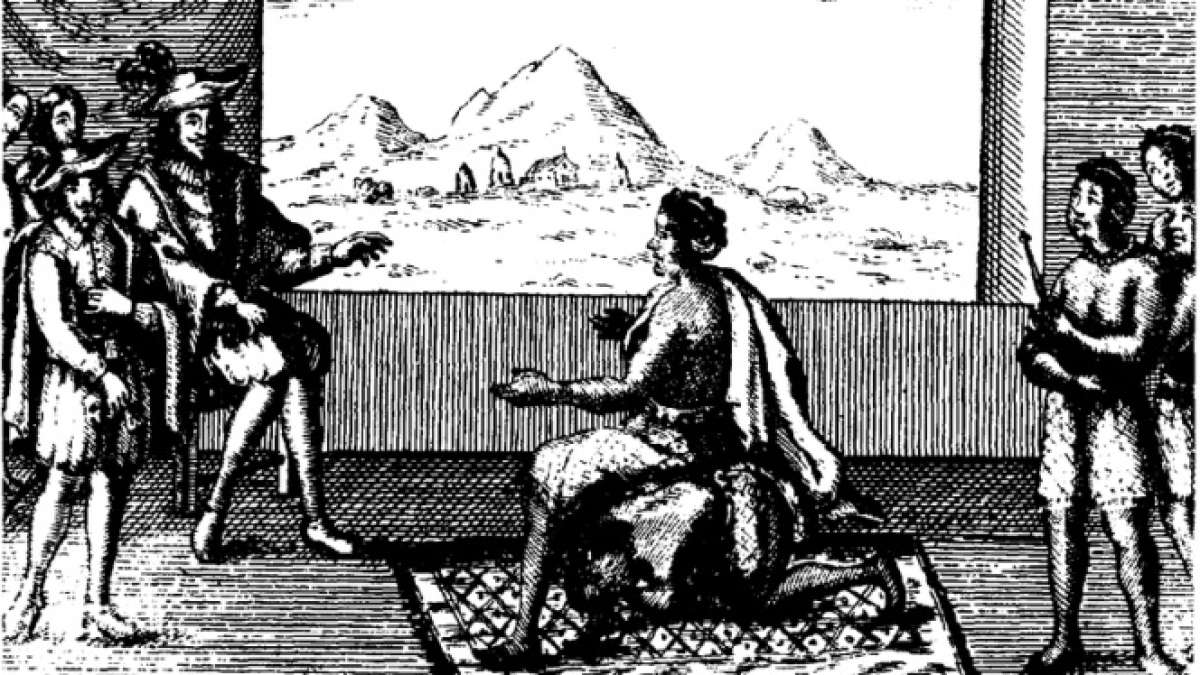
One day, Ngola Likwanii, Njinga’s brother, asked her to be his representative in the signing of a peace treaty with Portugal. As she arrived, she gets a glimpse of the Portuguese lifestyle and many of the ongoing cruelties taking place there. Upon entering the viceroy’s establishments, in Luanda, she finds herself with no chair, showcasing the power difference between Njinga and the Portuguese. With little hesitation, she ordered one of her servants to serve as a human chair, so she could sit. With a surprised reaction of the Portuguese, she showcased her superiority and after a few hours, she managed to strike a peace treaty.
Upon returning with good news, she was lauded and took the opportunity to humiliate her brother who had only brought failures to the kingdom. With his mysterious death, Njinga was crowned Ngola, queen of Ndongo.
Unfortunately, with the replacement of the current viceroy and her reputations, the relationship between the two kingdoms became awry and Njinga was ultimately forced to resort to intelligent and well-thought-out tactics.
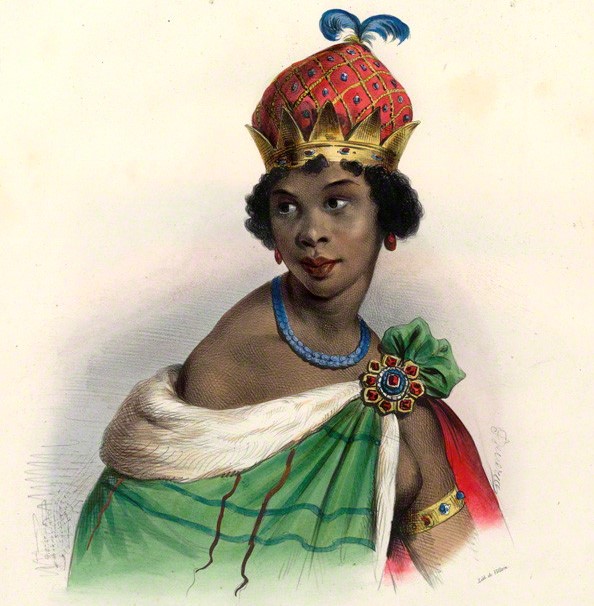
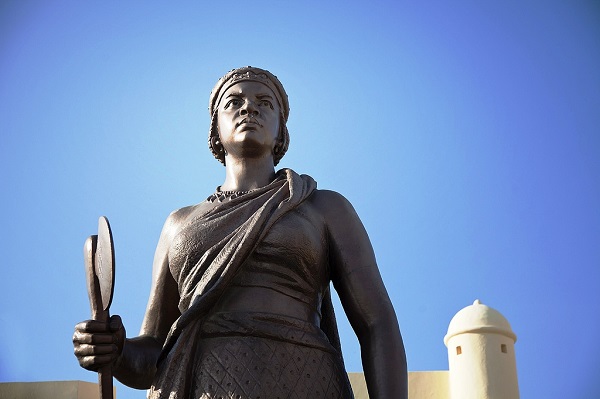
During the following years, Njinga’s entire lifespan revolved around espionage, warfare, diplomatic meetings and many more actions until her death, which ultimately contributed to Angola’s independence in 1975.
In a nutshell, Njinga has been preparing her whole life for this fight for the independence of her country and thanks to her sharp personality and knowledge, she managed to fight as a diplomat, a warrior (see what we did there) and as a ruler against the territorial oppression taking place at the time.
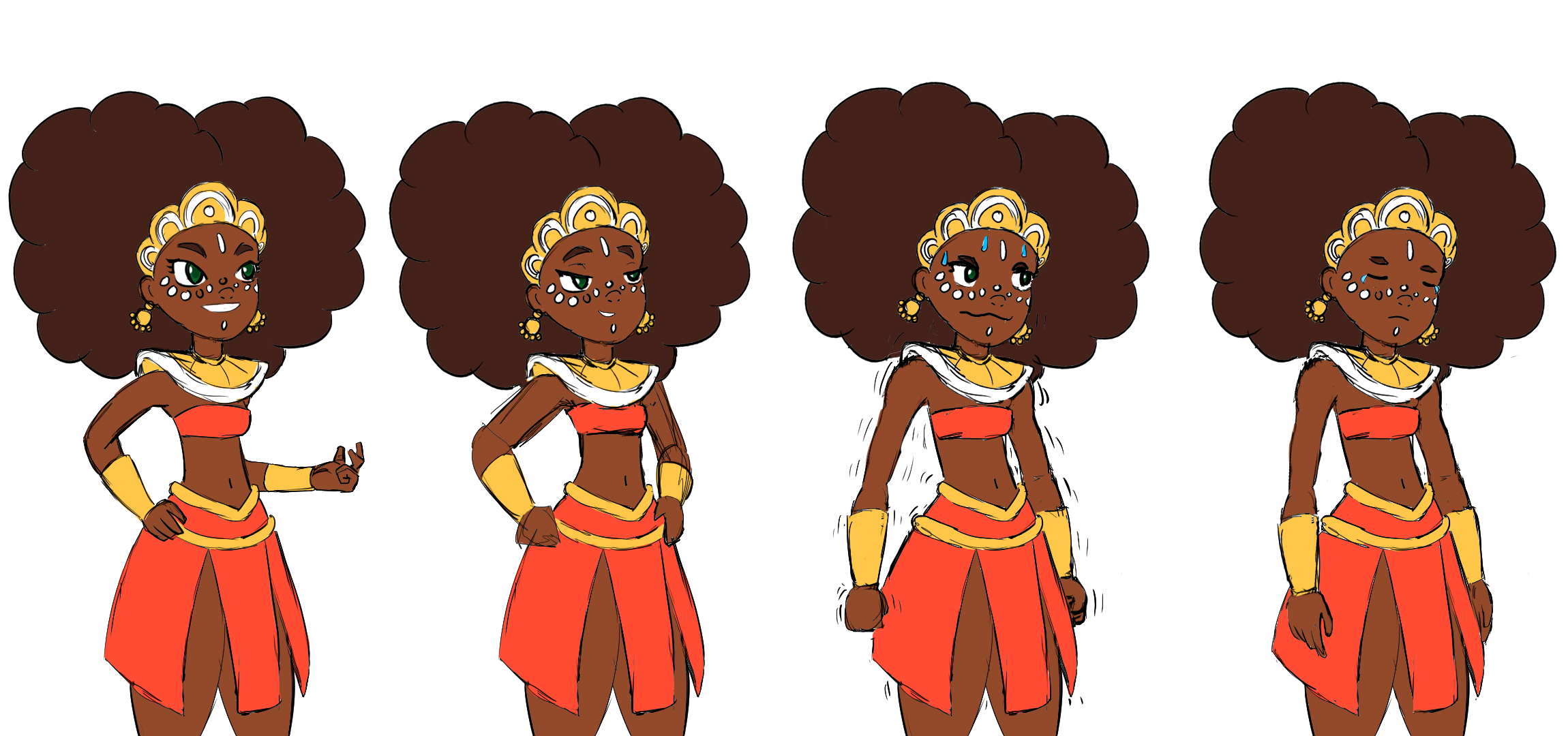
For her legacy, she established in the Ndongo Kingdom that not only males could retain power, therefore making it easier for her female successors to take the crown. Today, she serves as a role model for a younger generation of African women, and ultimately she was embraced as a symbol of the political party MPLA (People’s Movement for the Liberation of Angola) during the civil war.
Thank you for reading,
See you next week.

